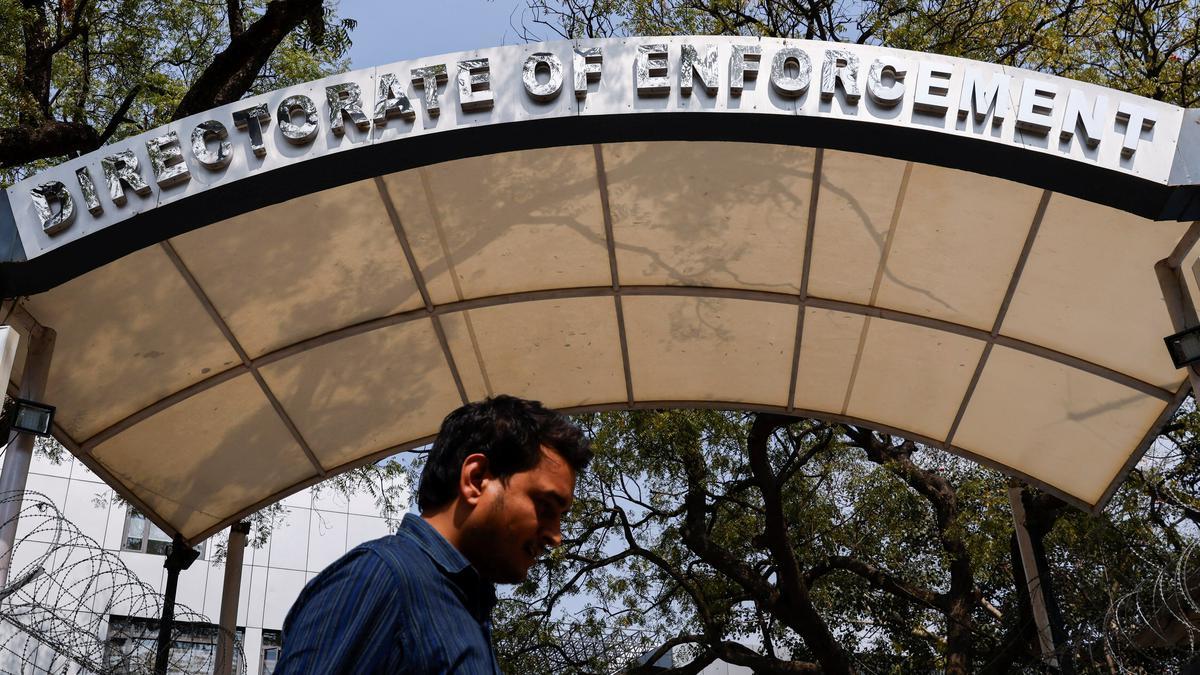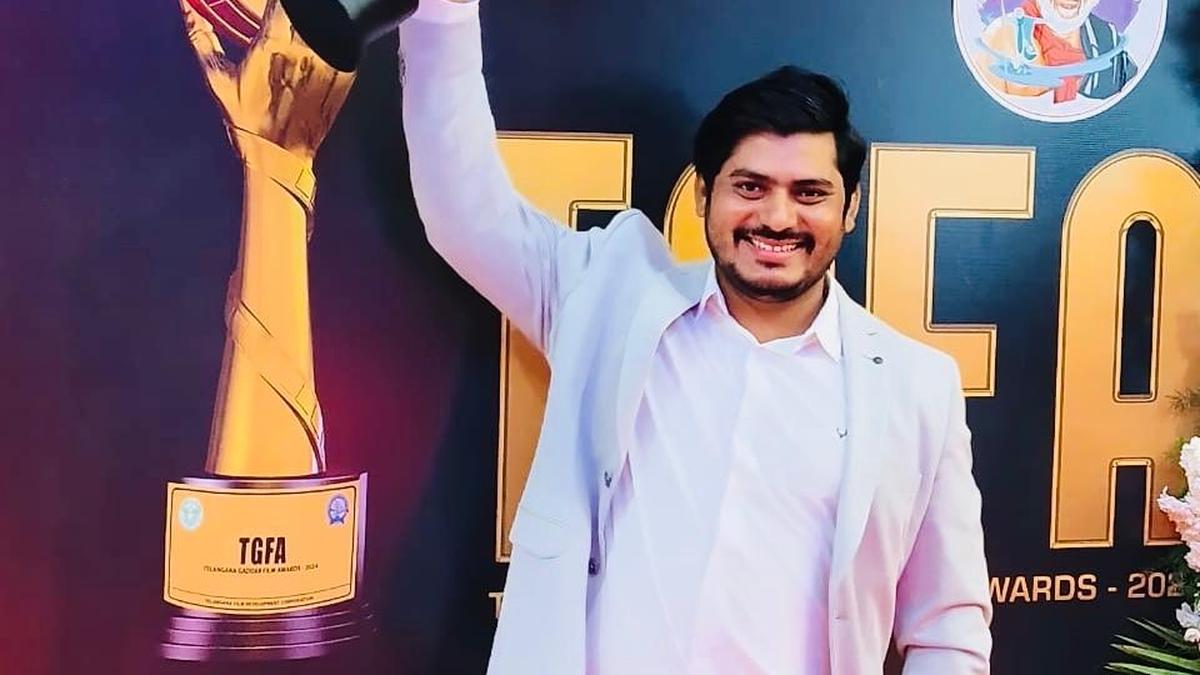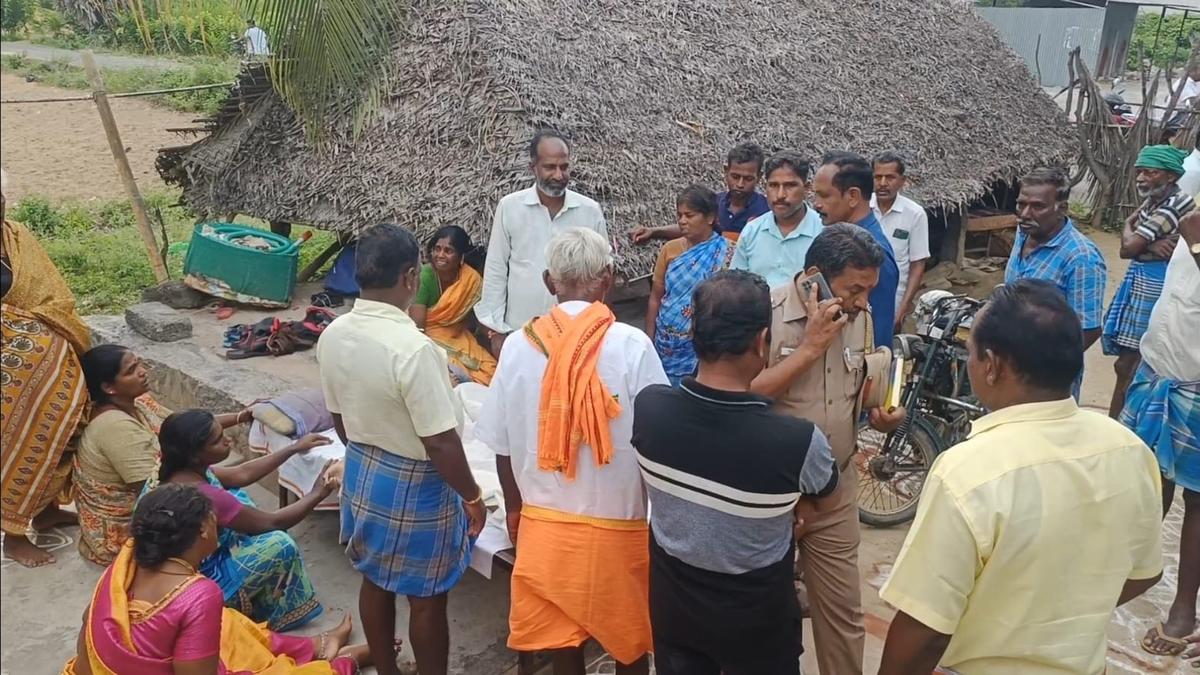
Chief Justice of India B.R. Gavai observed the Directorate of Enforcement (ED) “is crossing all limits” even as Solicitor General Tushar Mehta urged the Supreme Court to not make any “generalised” observations
| Photo Credit: Reuters
Chief Justice of India BR Gavai on Monday (July 21, 2025) observed the Directorate of Enforcement (ED) “is crossing all limits” even as Solicitor General Tushar Mehta urged the Supreme Court to not make any “generalised” observations that may fuel a concerted effort, already underway, to build a narrative against the Central agency.
The verbal exchange between the Bench, also comprising Justice Vinod Chandran, and the top government law officer happened during the hearing of a suo motu case registered by the apex court following summons issued by the ED against two senior advocates, Arvind Datar and Pratap Venugopal, for a professional advice they had given a client.
Attorney General R. Venkataramani took a milder tone, saying the ED has been apprised of the fact that “what they had done is certainly wrong”. He said the summons had been later withdrawn.
“Your officers are crossing all limits,” Chief Justice Gavai addressed Mr. Venkataramani.
At this point, Mr. Mehta intervened to note that though the two lawyers should not have been summoned in this case, there was a danger that such observations from the court would be misconstrued and used against the ED as an institution.
“But we have found the ED overstepping in many cases,” the CJI responded to Mr. Mehta.
The Solicitor General said the construction of narratives usually began even before the apex court takes a case for hearing. “For example, I am a politician involved in a ₹3,000-crore scam. I can create a narrative [about the ED] through several interviews,” Mr. Mehta illustrated.
The CJI indicated the court was also aware of the ground realities in ED cases with political overtones. “There are cases in which the ED files appeals even after the High Court has passed well-reasoned orders. This is done only for the sake of filing an appeal,” Chief Justice Gavai pointed out.
Mr. Mehta replied that “these ground realities then have to be shown from the facts, material and evidence in a case. Wider observations create a wrong impression”.
In so many cases, the narrative-building through interviews start even before the Supreme Court hears the matter. This is done deliberately,” the law officer.
He said lawyers representing clients in political cases build narratives outside the court.
“Can this be done? This is a question of law. My Lords must lay down guidelines,” Mr. Mehta said.
Justice Chandran asked Mr. Mehta how these “narratives” would influence the court.
“How do you think these narratives will influence us, if we do not see them at all. Narratives will go on, but you cannot assume we will be influenced by them,” the Judge told Mr. Mehta.
The Chief Justice asked Mr. Mehta to produce proof of an instance when the court made a judicial decision based on outside influences.
“Have you seen any judgments authored by us based on narratives and not the facts of the case? Show us at least one such judgment, and we will stand corrected,” the CJI challenged the law officer.
One of the senior lawyers asked whether the Solicitor General was “pre-supposing” that the court would be influenced.
The suo motu case was registered after apex court Bar associations had written to Chief Justice Gavai about the ‘chilling effect’ the ED summons had on the independence of the legal profession, and eventually the entire justice administration process.
On June 25, the apex court had deprecated investigating agencies for directly summoning lawyers in relation to professional advice or help provided to their clients, saying the practice would imperil the autonomy of the legal profession. The court at the time was dealing with a separate plea filed by a Gujarat-based advocate who was summoned by the police after securing bail for his client in a loan dispute case. The High Court had stayed the summons. This case has also been tagged with the suo motu matter.
The court scheduled the case for a detailed hearing on July 29.
Published – July 21, 2025 02:20 pm IST



